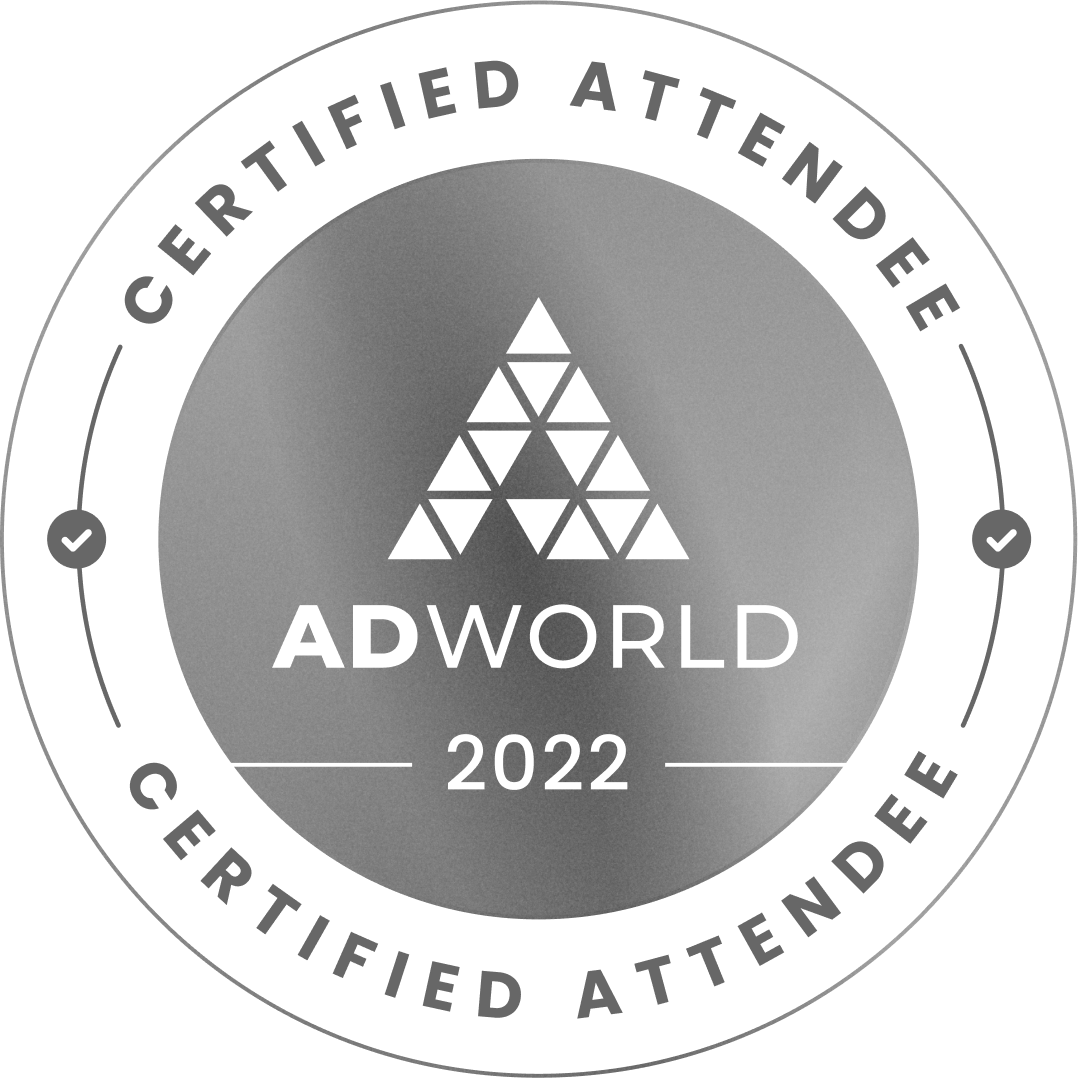Complete B2B SEO Strategy For 2024
Tested B2B SEO strategies that maximise your ranking potential.
No empty promises. No contracts. Just results.
“Thanks to Geeky Tech’s work on our organic search optimization, we now outrank our biggest competitor.”

CEO & Founder at District Technologies
















We Are a Bull-S*%t Free SEO Agency
- Real SEO and advertising experts for B2B companies
- 100% in-house, never outsourced digital marketing services
- Custom-built SEO tools and data-driven processes
- Launch your campaign today

Outrank Your Competitors With a B2B SEO Strategy
Marketing your B2B product or service without a proper SEO strategy isn’t like going into battle without armour. It’s more like hosting a huge, expensive party and not inviting anyone.
There’s no denying the impact SEO has on a business website, which is why if you’re not following a B2B SEO strategy, now is the time to start. Geeky Tech specialises in B2B SEO marketing, and we’ve launched successful SEO campaigns for clients in the technology, IT, and SaaS industries.
And we couldn’t have helped our clients reach and surpass their milestones without our tried-and-tested B2B marketing services.
It’s time to stop thinking of Google as a search engine, and more like the most coveted digital real estate on the internet. If you want to get noticed at all, your awesome product and attractive website are only going to get you so far, because customers, even business-to-consumer customers, will probably not even look beyond page one of Google to find the service they’re looking for.
You not only have to rank higher than your competitors, but you also need to fill your website with content that compels the user to browse your pages.
Why You Should Hire a B2B SEO Agency
The first page of Google is insanely competitive, even more so now that Google’s properties—e.g. Google Ads, snippets, people also ask sections, etc.—are increasingly encroaching into the space.
If you want to be seen by your target buyer and not waste your marketing budget throwing everything you’ve got at the problem and just hoping something sticks, developing a full-proof strategy is essential. Or you can hire us, the best B2B SEO agency in town.
No one wants to spend their company dollars on the wrong audience. That’s why every intelligent SEO strategy starts with the buyer and the age-old question, ‘who is your B2B customer?’
Having a customer avatar allows you to make the right keyword choices and to focus your efforts on digital channels you know will make an impact.
There are many things to consider when creating an SEO strategy for your business. One of the most important is choosing what keywords to focus on. You can’t afford to pay for every search term that brings potential clients to your website.
Getting into the mind of your customer is key (see what we did there?) to developing your list of keywords. You need to know what they’re looking for and what key terms they use to find your product or service on Google or Bing.
But not all keywords are worth trying to rank for. For example, if you try to rank for ‘SaaS HR software’, you’ll be competing with millions of other pages, and it’s unlikely that you’ll ever outrank the top-ranking pages already there.
Part of your strategy is developing a list of keywords that not only match your target customer’s search queries, but that also have a chance of ranking on Google. Therefore, your ‘Saas HR Software’ might become ‘SaaS HR Software for universities,’ so to speak.
At Geeky Tech, we spend a lot of time on this phase of your strategy. Our keyword experts use years of experience and professional tools to narrow down the most profitable list of keywords that will get you ranked and get you noticed by the right people. Learn more about keyword research.
Let’s talk about pulleys and levers. While technical SEO may not be something a customer looks out for (and therefore, why would it make a difference to your Google rank?), it might just be the reason your pages aren’t showing up on search results.
When developing your B2B SEO strategy, consider hiring a techical SEO agency to take a look at your website’s settings, themes, and content management system.
Something as small as an outdated WordPress theme could be affecting your rankings. For example, our on-page SEO Geeks go through a thorough site-wide inspection to check for things like:
- Mobile friendliness
- Multi-browser compatibility
- UX/accessibility
- Duplicate content
- Existing redirects and redirect chains
- Sitewide schema
- HTML language attributes
- Valid SSL certificate
- XML sitemap
- Open Graph settings
- Keyword density
- Google services and Bing
- Webmaster setup
- Self-referencing canonical tags
Why else should you be paying attention to your technical SEO? Because technical problems can hurt the user experience, which—because Google takes a user-first approach—will hurt your rankings.
You’re likely well aware of the term ‘user experience’ or UX. But if you’re still thinking of it as separate from Google’s ranking algorithms, or even technical SEO, it’s time to revisit the tight-knit ecosystem of search engines.
Let’s say your content is fortified by a robust list of keywords developed by the most intelligent SEO minds in the business. On top of that, your product works so well that your customers are lining up to leave reviews on Amazon.
But, whenever a potential customer lands on your homepage after waiting 30 seconds for it to load, they are assaulted by an array of clashing neon colours; led to a navigation menu that makes less sense than the final season of Lost; and bamboozled by a series of buttons that lead them to broken links and broken dreams.
Assuming that anyone would wait that long for a page to load (and statistically speaking, most of us won’t), how long before that potential customer cuts their losses and abandons your site? And if enough people start bouncing out before they’ve even scrolled, how long do you think it’ll take Google’s algorithms to pick up on the fact that you have a site that immediately revolts people?
This rather colourful example demonstrates that a) technical SEO and user experience cannot be separated, and in fact, one improves the other; and b) marketers should never get so hung up on pleasing Google that they lose sight of what’s really important: pleasing the customer, baby.
We’re sure by now you’ve heard the term ‘content is king’, which is sage advice that shouldn’t be ignored. Your potential clients are consuming high-quality content like never before to help them decide who they want to do business with.
Your B2B customer is discerning, intelligent, and knows who your competitors are. Generating high-quality content that the customer deems valuable not only boosts your rankings, but also improves your credibility.
Unlike your B2C customer’s journey which moves at relatively lightning speed, it’s very unlikely that your B2B customer will look at one piece of content and convert. The buyer’s journey is a long one, which is why you should focus on top-of-funnel content that raises awareness, informs, and educates your customers.
Your content strategy should include engaging and thought-provoking content in the following formats:
- White papers
- Pillar content
- E-books
- Printable guides
- Blog posts
- Case studies
- Infographics
The more content you create, the more your customers will pin, repost, mention, and link to your site, which sends the right signals to Google’s ranking algorithms (more on that in the next section).
Even though conversion rates for B2B sales are typically much lower than B2C, it doesn’t mean that producing content is a waste of time or that you shouldn’t utilise your long-tail keywords in your copy.
If you have your customer avatar, then you’ll know where and how your target audience consumes their content, which will help you develop a strategy to create content that ranks.
By now, you know what you need to do to increase your rankings and drive organic traffic to your site:
- Understand who your B2B customers are
- Develop a list of keywords that match your customer queries and that will also allow you to rank with those search terms
- Ensure your website looks good and performs well for both search engines and customers
- Regularly publish keyword-rich content that shows you are a thought leader and expert in your field
But there’s a final step of SEO that should be part of your B2B strategy to gain more traffic to your site: establishing online authority.
We also call this off-page SEO because this step is all about generating backlinks from other high-authority sites. Google gives priority ranking to websites that can ‘prove’ that they actually are who they say they are.
Google’s algorithms are looking for proof of this in the form of social trust, which, in the world of the internet, looks like backlinks, site mentions, customer reviews, social media follows, and basically, just as many referral links as possible. And not from shady, spammy websites, but real domains that other people trust.
Without completing this final stage of your SEO strategy, you won’t be sending Google the right signals, which means you won’t be rewarded with rankings.

What is B2B SEO?
B2B search engine optimization is the process of driving organic traffic to your website through keywords, technical optimisation, and off-page authority, all of which boost your rankings on search engine result pages.
In other words, B2B enterprise SEO is designed to increase your visibility.
But we just described SEO in general. What is B2B SEO?
Everything we just mentioned plus the added strategy of reaching a completely different type of consumer that has characteristically different pain points, a bigger budget, a longer buying journey, and a team of people to please.
It all boils down to your audience. Your search engine optimisation strategy will differ greatly because your potential customers are distinct from everyday consumers.
So, What Is a B2B SEO Strategy?
Whether you’re selling B2B software or blockchain technology services, you’re up against some stiff competition. Even if you’re first to market with a brand-new, never-before-seen technology that’s going to change the world, you still need to get inside the mind of the person who’s going to buy your product…and you need to do it better than your competitors.
Therefore, the first step of your B2B SEO strategy is keyword research.
The Importance of B2B SEO Best Practices
If you’ve made it this far down the page, then you know how essential B2B SEO is to your business growth, but just in case you need statistics to throw at your boss, here are some numbers:
- Over half of your B2B customers are more likely to buy your product after reading your content.
- Almost 90% of B2B customers use Google to find the business services they’re looking for
- The majority of B2B content is top-of-funnel (67%)
- LinkedIn is by far the most important social media platform for lead generation (we’re talking 80% of your social leads)
- Expect 84% of your customers to engage with your LinkedIn and other social pages before they buy your product.
Have You Considered a Remarketing Campaign?
Many B2B companies are choosing to pair their SEO with programmatic display ads that follow your audience to their favourite websites. As part of a remarketing strategy, your B2B leads will continue to see your brand after they’ve visited your site, so you can stay top-of-mind whenever they continue on their buying journey.

The Difference Between B2B and B2C SEO
So let’s state the obvious difference first: your B2B customer is a company (or someone repping one) and your B2C customer is a single consumer. One makes purchasing decisions on behalf of their company, while the other buys for themselves (or a close friend or family member). But the difference doesn’t stop there.
- The buyer is choosing for the company
- The buying journey is usually long; the buyer takes their time researching, testing, and comparing you to other brands.
- The decision to purchase is based on logic and economics.
- Marketing efforts are more focused on lead generation.
- Higher marketing spend.
- Content marketing places a premium on solving problems and answering questions.
- The buyer is choosing for themselves or someone in their close circle
- The buying journey is typically short, with the buyer spending less time on research.
- The decision to purchase is mainly based on emotions.
- Marketing efforts are more focused on brand recognition.
- Lower marketing spend.
- Content marketing focuses on solving problems and eliciting desires.
Understanding the difference between a B2B and B2C customer will help you sculpt your strategy to meet their unique needs and help them along the buying journey.
For example, if you’re impatient for sales to happen, you might want to remind yourself that you’re not selling a $100 pair of shoes but usually thousands of dollars in set-up fees and ongoing contracts with companies made up of several stakeholders, not to mention all the competition you had to beat just to get to this point.
How the Buying Journey Starts
Let’s paint a picture of the start of your B2B customer’s typical buying journey. Your customer—a director, stakeholder, or other decision maker—has been tasked with finding a better payroll system than the one the company is currently using.
Nine times out of ten, your customer will use Google to start their search. They might type in something like “HR software for small business,” and will immediately be bombarded with Google Ads, then with the top-ranking organic search results, as well as helpful review and comparison posts from high-authority domains.
If your site isn’t visible on that first page or mentioned within those pages, you’ve probably already lost them.
Build Your B2B SEO Content Strategy with the Geeks
Geeky Tech is a B2B marketing agency that has helped companies in the technology space outperform and outrank their competitors and exceed their marketing forecasts and sales projections. Our B2B SEO methods are a result of years of testing, trial and error, and the usual blood, sweat, and tears.
Over the years, we’ve assembled a ragtag team of data scientists, SEO experts, advertising mavericks, and creative geniuses—all of whom bring their unique set of skills and experience to every SEO project.
Mosey on over to our Meet the Team page to learn all about us.
How Can the Geeks Help You?
Leveraging decades of combined experience and industry knowledge, we’ll first sit down with you to discuss your customer avatar, your business goals, and the current state of your website and B2B SEO strategy.
Once we’ve optimised your site for more traffic and more leads, we’ll continue to monitor your rankings and develop new keyword strategies and linking opportunities to make sure you stay on top.
Need help with your digital marketing strategy? Let’s get started. Book your B2B SEO review now!













